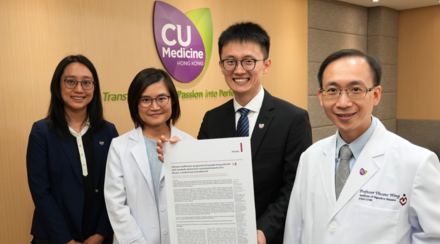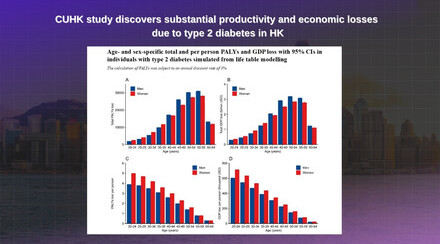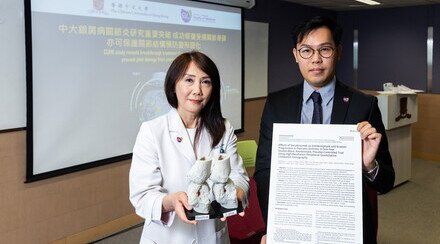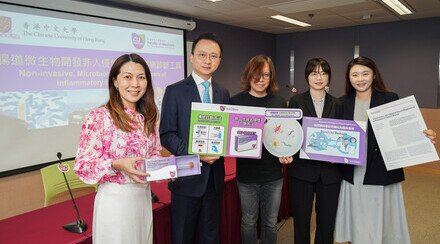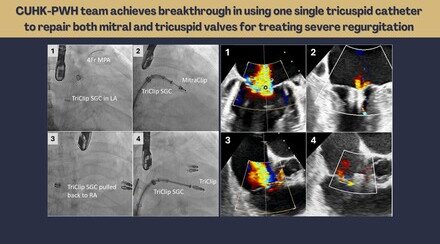CUHK Highlights the Significance of Hospital Infection Control System in Controlling MERS
The recent report of the first case of the Middle East respiratory syndrome (MERS) coronavirus infection in Seoul has drawn global attention. With the first subsequent major outbreak reported, there is an urgent need to review the global efforts being made to control MERS coronavirus since it was first detected 3 years ago. Prof. David Hui, Stanley Ho Professor of Respiratory Medicine from Department of Medicine and Therapeutics, Faculty of Medicine at the Chinese University of Hong Kong (CUHK) published an article in an international leading journal, The Lancet, on 3 June 2015, commenting on the situation.
The Middle East respiratory syndrome (MERS) cases have continued to increase since its discovery in 2012. As of 31 May 2015, there are 1,187 cases reported with mortality rate of 40%. Although phylogenetic analysis reveal that camels and bats are reservoirs for MERS coronavirus, many basic questions remain unanswered, including mode of transmission, risk factors, pathogenesis, viral virulence, viral kinetics, duration of infectiousness, protect immune responses, optimum management, and prognostic factors. The absence of information has resulted in the lack of effective interventions, preventive control and treatment of the disease.
In addition, MERS coronavirus is prone to mutation and can acquire enhanced human-to-human transmission ability. Given the situation, according to Prof. David Hui, infection prevention and control measures remain crucial to prevent spread of MERS coronavirus.
In his article, Prof. Hui points out that the recent outbreak was attributed to poor hospital infection control measures. With the example of previous major nosocomial outbreaks of MERS coronavirus infection in 2013, Prof. David highlights the importance of maintaining stringent hospital infection control and prevention measures to prevent spread of MERS coronavirus. These include:
- Isolation of the index patient in a negative-pressure room or a well ventilated room
- Droplet and contact precaution with eye protection when caring for probable or confirmed cases
- Airborne precautions when performing aerosol generating procedures
In addition, Prof. Hui also emphasizes the essential role of administration controls, environmental controls and compliance with appropriate personal protection equipment to ensure the effectiveness of hospital infection control and isolation system.
Prof. Hui remarks that governments should define proper risk assessment and set up necessary communication procedures as well as action plan to tackle MERS. With increasing number of novel and re-emerging infectious diseases, there is sore need for governments and global public health bodies to establish partnership to formulate effective public health, infection control and treatment interventions to handle these infections.

Prof. David Hui, Stanley Ho Professor of Respiratory Medicine from the Department of Medicine and Therapeutics, Faculty of Medicine, CUHK




